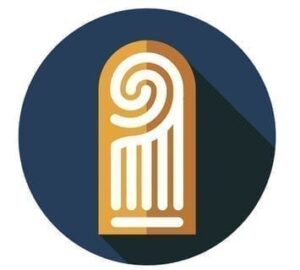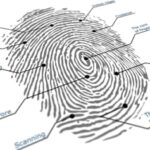
NEC has concluded a trial program of fingerprint identification technology for newborn children in Kenya. The program was carried out in conjunction with Nagasaki University as part of the Nagasaki University Institute of Tropical Medicine-Kenya Medical Research Institute Project.
Through the program, researchers were able to collect the fingerprints of newborn children less than 24 hours after birth, with an error rate of only 0.3 percent. The technology is built on top of research that began in 2016, with imaging and frame rate improvements to make the fingerprint sensors more accurate.
The fingerprints themselves can serve as the foundation for a legal identity and birth certificate, creating a more accurate record of the population even in areas where children are released from hospitals less than six hours after being born. Once created, those identities can be used to make sure that children are given the proper vaccine schedule and gain access to public education at the appropriate time.
NEC is planning to deliver the new fingerprint sensors for national identity systems in developing countries around the world. Along with NEC’s other public health initiatives, the strategy will help promote the UN’s efforts to lower the number of undocumented individuals. The organization has previously argued that biometric registration is essential for that goal.
The technology is not the only collaboration between NEC and Nagasaki University. The two organizations are also spearheading a research program that will study the impact of biometric authentication on global health.
–
June 24, 2019 – by Eric Weiss








Follow Us